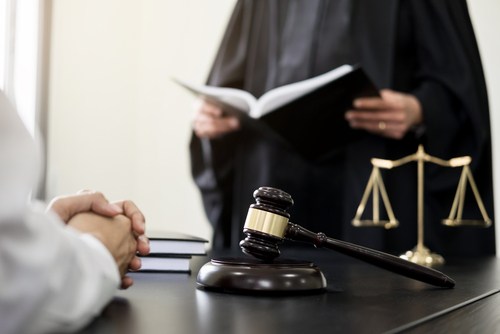When facing an assault charge, every piece of evidence can significantly impact the outcome of the case. One type of evidence that often plays a crucial role is character evidence. This form of evidence refers to testimony or documentation that reveals a person’s character traits or reputation. But how exactly does it influence assault case outcomes?
Let’s explore how character evidence is used in court and how it can sway the judge or jury’s decision.
What is Character Evidence?
Character evidence includes any information that helps demonstrate a person’s nature—whether they are generally peaceful or aggressive, honest or deceitful. It can come from:
-
Witness testimony (friends, coworkers, neighbors)
-
Official records (past convictions, commendations)
-
Reputation in the community
Key Points on the Influence of Character Evidence in Assault Cases:
1. Supports or Challenges Credibility
In assault trials, credibility is often critical. If a defendant is known for being non-violent and law-abiding, character evidence can support their version of events. Conversely, if they have a history of violent outbursts, it may cast doubt on their innocence.
2. Used to Prove or Disprove a Propensity for Violence
Prosecutors may try to introduce evidence of prior bad acts to show the defendant has a tendency toward violence. However, courts are cautious with this, as it can unfairly prejudice the jury. Judges must determine if the evidence is more probative than prejudicial.
3. Helps Establish Self-Defense Claims
If the accused claims self-defense, character evidence about the victim’s violent tendencies can be introduced to show the victim was the likely aggressor. This can shift the perception of who initiated the altercation.
4. Impacts Sentencing
Even after a conviction, character evidence can be presented during sentencing. Positive evidence—like community service, good behavior, or testimonials—may lead to reduced penalties.
5. Limitations and Legal Rules
Character evidence is not freely admissible. Under rules of evidence (such as those in the Canadian or U.S. legal systems), there are strict guidelines about:
-
When character evidence can be introduced
-
Whether it relates to the accused or the victim
-
The purpose of its introduction (credibility vs. propensity)
Real-Life Impact
In many cases, character evidence can make or break a defense. For example, if a defendant is portrayed as a peaceful family man with no history of violence, and the prosecution cannot prove otherwise, it may lead to acquittal. On the other hand, if the jury learns of multiple prior assault charges, it may influence them toward a conviction.
Conclusion
Character evidence is a powerful yet double-edged sword in assault cases. It can either bolster a defendant’s claim of innocence or reinforce the prosecution’s portrayal of a violent offender. Its effectiveness depends on how it’s introduced, its relevance, and whether it adheres to strict legal standards. If you’re involved in an assault case, having a skilled defense lawyer who understands how to leverage or challenge character evidence can be a game-changer.


